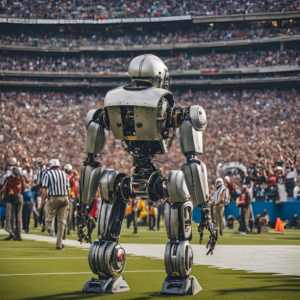Quantum computers, with their potential to solve complex problems that have stumped classical computers, have been a mouth-watering prospect to computer scientists for decades. However, one of the major hurdles hindering their widespread adoption has been the prevalence of errors. These errors, arising from the delicate nature of quantum phenomena, can significantly undermine the reliability of quantum calculations.
A team of computer scientists at Google Quantum AI has made a significant stride towards overcoming this challenge. They have developed a new quantum memory system that significantly reduces error rates, bringing us closer to the goal of error-free quantum computing. The researchers focused on improving quantum error correction techniques. This involves using additional qubits to detect and correct errors that occur during quantum operations. By implementing a novel algorithm called “surface code,” the team was able to leverage the structure of the underlying physical qubits to enhance error correction.
A New Process
The system employs a technique known as logical qubits, where multiple physical qubits are combined to create a single logical qubit. This approach allows for greater error resilience. The researchers discovered that as the number of logical qubits increases, the error correction performance improves. This suggests that scaling up the system could lead to even more significant reductions in errors.
Another noteworthy finding is that the logical qubits in this new system have a longer lifetime than the underlying physical qubits. This indicates that the system is capable of building a reliable quantum memory, which is essential for performing complex quantum computations.
Google’s breakthrough in quantum memory is a major step forward in the quest for practical quantum computers. By reducing error rates and improving the reliability of quantum operations, this research brings us closer to realizing the full potential of quantum computing. As scientists continue to refine these technologies, we can anticipate exciting new applications in fields such as materials science, drug discovery, and artificial intelligence!



